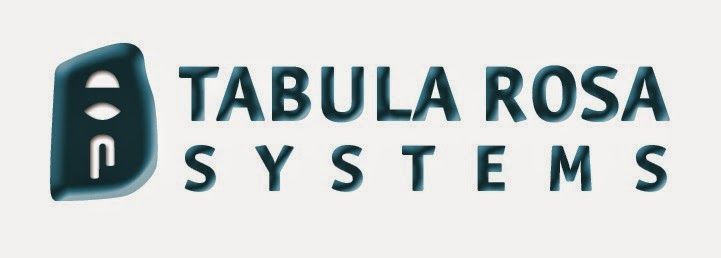
|
From whatis.com posted by Margaret Rouse
In E2EE, the data is encrypted on the sender's system or
device and only the recipient is able to decrypt it. Nobody in between, be they
an Internet service
provider, application
service provider or hacker, can read it or tamper with it.
The cryptographic keys used to encrypt and decrypt the
messages are stored exclusively on the endpoints, a trick made possible through
the use of public key
encryption. Although the key exchange
in this scenario is considered unbreakable using known algorithms and currently
obtainable computing power, there are at least two potential weaknesses that
exist outside of the mathematics. First, each endpoint must obtain the public
key of the other endpoint, but a would-be attacker who could provide one or
both endpoints with the attacker's public key could execute a man-in-the-middle
attack. Additionally, all bets are off if either endpoint has been compromised
such that the attacker can see messages before and after they have been
encrypted or decrypted.
The generally employed method for ensuring that a public
key is in fact the legitimate key created by the intended recipient is to embed
the public key in a certificate that has been digitally
signed by a well-recognized certificate
authority (CA). Because the CA's public key is widely distributed
and generally known, its veracity can be counted on, and a certificate signed
by that public key can be presumed authentic. Since the certificate associates
the recipient's name and public key, the CA would presumably not sign a
certificate that associated a different public key with the same name.
The first widely used E2EE messaging software
was Pretty Good
Privacy, which secured email and stored files, as well as securing
digital signatures. Text messaging applications frequently utilize end-to-end
encryption, including Jabber, TextSecure and Apple's iMessage | ||||||
| ================================================================ Good Netiquette to all! ================================================================ |
https://www.youtube.com/watch?v=HTgYHHKs0Zw&__scoop_post=bcaa0440-2548-11e5-c1bd-90b11c3d2b20&__scoop_topic=2455618
==============================================
**Important note** - contact our company for very powerful solutions for IP management (IPv4 and IPv6, security, firewall and APT solutions:
www.tabularosa.net
In addition to this blog, Netiquette IQ has a website with great assets which are being added to on a regular basis. I have authored the premiere book on Netiquette, “Netiquette IQ - A Comprehensive Guide to Improve, Enhance and Add Power to Your Email". My new book, “You’re Hired! Super Charge Your Email Skills in 60 Minutes. . . And Get That Job!” will be published soon follow by a trilogy of books on Netiquette for young people. You can view my profile, reviews of the book and content excerpts at:
www.amazon.com/author/paulbabicki
If you would like to listen to experts in all aspects of Netiquette and communication, try my radio show on BlogtalkRadio Additionally, I provide content for an online newsletter via paper.li. I have also established Netiquette discussion groups with Linkedin and Yahoo. I am also a member of the International Business Etiquette and Protocol Group and Minding Manners among others. Further, I regularly consult for the Gerson Lehrman Group, a worldwide network of subject matter experts and have been a contributor to numerous blogs and publications.
Lastly, I
am the founder and president of Tabula
Rosa Systems, a company that provides “best of breed” products for network,
security and system management and services. Tabula Rosa has a new blog and Twitter site which offers great IT
product information for virtually anyone.
==============================================





No comments:
Post a Comment